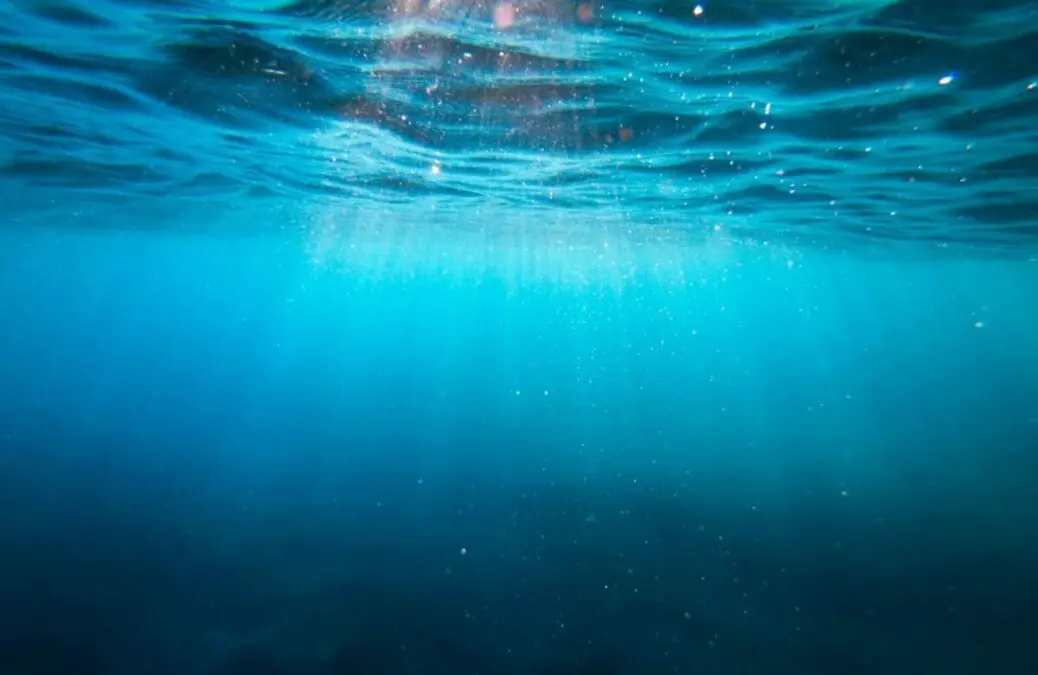Healthier, cleaner and safer oceans are at the heart of the European Green Deal aiming to build a climate-neutral EU economy by 2050 and halting biodiversity loss.
Brest, 9–11 February – Thirty heads of state and government promised, Friday, February 11, in Brest (Finistère), around Emmanuel Macron, to do more to protect the oceans, essential for climate regulation and rich in biodiversity, but damaged by human activities.
Actions and initiatives contributing to global ocean conservation
Preserving biodiversity
EU launches high-ambition coalition on high seas
Biodiversity Beyond National Jurisdiction (BBNJ) areas constitute 95% of the ocean but are under threat by pollution, overexploitation, and climate change.
The Coalition brings together those who, like the EU and its Member States, strive for an ambitious UN Treaty on BBNJ conservation.
Zero-tolerance towards illegal, unreported and unregulated (IUU) fishing
Up to 26 million tonnes of fish are caught illegally every year, corresponding to at least 15% of world catches and causing a threat to the ocean’s biodiversity.
The EU:
- ensures compliance of its own fleet, relying on the support of the European Fisheries
- Control Agency (EFCA) • prevents IUU products from entering its market
- works with countries worldwide to ensure compliance with international obligations against IUU fishing
- supports sustainable fisheries through funding programmes in West Africa, Indian Ocean and the Pacific
Fighting marine pollution
Decreasing plastic pollution and accelerating the transition to a circular economy
The EU:
- phases out plastic items most frequently found on European beaches
- works to increase recycling capacity, reduce waste and plastic litter at sea by 50% and reduce release of microplastics into nature by 30%
- aims to secure an international agreement on plastics
- raises awareness with #EUBeachCleanup, a joint EUUN ocean-activism campaign
An ocean of solutions for climate change
Maritime transport is the backbone of global trade and supply chains, but the sector
still relies on highly polluting and carbon-intensive fuels.
The EU:
- introduces a fuel standard limiting their greenhouse gas intensity
- mandates the electrification of major EU ports (TEN-T network)
- extends EU Emission Trading System (ETS) to cover emissions from shipping
- leads negotiations at the International Maritime Organization (IMO) for zero-emission shipping by 2050
Ocean governance
Putting research and innovation at the heart of ocean preservation
The Mission ‘Restore our Ocean and Waters by 2030’ aims to deliver on the European Green Deal by restoring ecosystems and biodiversity, eliminating pollution, and making the blue economy carbon-neutral and circular.
The EU:
- supports ‘lighthouse’ research projects that aim at: protecting 30% of the EU’s sea area; restoring marine ecosystem; halving sea plastic litter; halving the use of chemical pesticides; and reducing nutrient losses
- launches the European Digital Twin Ocean platform. The platform will develop an advanced computing environment, based on observations, models and the latest technology to allow for better understanding of the marine environment and assessment of situation scenarios, providing knowledge-based input available to all







